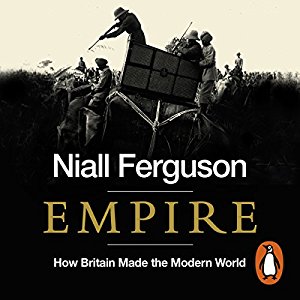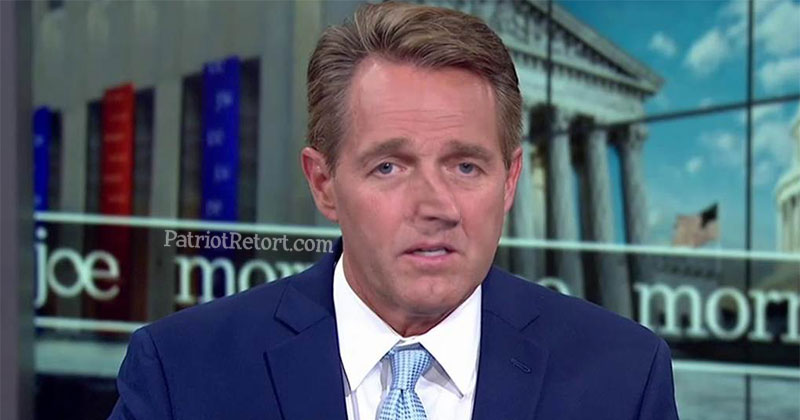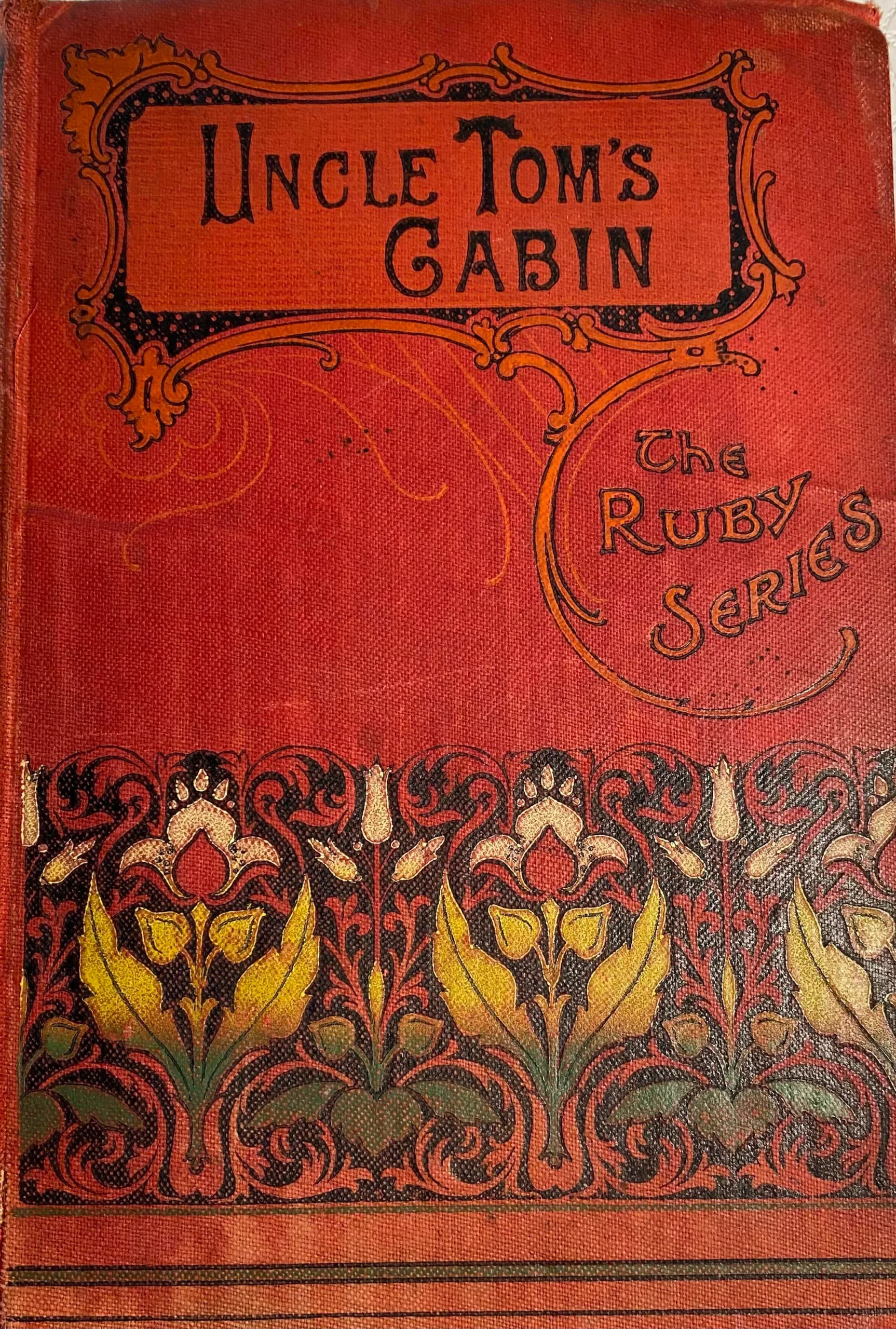Big Idea: Niall Ferguson is not ready to accept the commonly held narrative which demonizes the British empire as a greedy parasite of which the whole world would have been much better off without. He acknowledges much truth in an early 20th century critique of British imperialism:
“We annex countries, exterminate indigenous peoples, force the taxpayers to pay for it and the British soldiers to bleed for it only so a few rich can benefit by it.”
But is that it? Is it true, as one critic said, that the only enduring legacy of the British empire is the universal use of the F-word and the world wide dissemination of soccer? Niall admittedly takes on the unpopular challenge of defending the legitimacy of the empire’s existence, while at the same time admitting to it’s many faults. The empire is much more than the summary of one critical historian:
“We robbed the Spanish, copied the Dutch, beat the French and plundered the Indians.”
Niall should not be dismissed as a bigoted, empire-loving sentimentalist born in the wrong century, his thoughts are worthy of consideration. He is also to be heartily commended for his stunning ability as a story writer, he proves, once again, that truth is more interesting than fiction if you are able to tell it well. He does.
The Empire wasn’t all bad because:
- It started off for business and freedom not conquest
England launched off into it’s empire, not to conquer the world and dominate indigenous people groups. They did it for “God and cod” for “congregationalism, and capitalism.” The empire was really an accident resulting from a wildly successful business venture. A haphazard way that England tried to keep up with it’s business success. As for the expansion of Christianity through the empire, it didn’t start off as an effort to Christianize the world or convert the heathen, it started off as a way for oppressed Christians to find room to practice their own versions of Christianity. As Christians spread out, they discovered that in comparison to other world religions their’s was pretty good, better even, so they went off encouraging others to become Christians. Forced conversions were not the norm in the missionary world of the empire because freedom of religion is what started the expansion of the empire in the first place.
- The stability of the empire helped globalization.
Rich British investors were willing to take risks on a global scale precisely because colonial rule kept law and order. During the empire days it was a safer bet to invest overseas. The flow of capital outward was of benefit not just to British people abroad, but to everyone under the influence of colonialism. When the empire ended, so did global investments and many of these free states fell to pieces. Investment is risky but it wasn’t as risky when the empire was intact.
- The empire brought infrastructure, technology, organization, law and ultimately freedom/democracy to much of the world.
No one likes to admit that. Niall tells the story of one courageous Indian who was shouted down after giving a speech in which he credited Britain as the source for all the good that is found in India. Perhaps the Indian was using dramatic over speak, or perhaps not? Everything from sewer systems to democracy, from roads to sports. From trains to the protection of women and international trade can be clearly connected to British influence. Britain did not spoil an utopian state upon arriving in India, that is for sure.
- It’s sacrificial end surely absolves it of it’s previous indiscretions.
This was a point strongly presented by Fergusson, but I think it is a weak point. The line of thinking goes like this: Yes, Britain did some nasty things in the far reaches of it’s empire, however, when even worse empires came along, it did not stand idly by, it sacrificed itself for the good of the entire world. The British empire for all it’s imperfections stood in the face of great evil, and nobly laid down it’s life. Thus the empire should be commended and not cursed. Ummm? Not so sure about this one. Certainly Britain paid a hefty price in both world wars which effectively bankrupted the empire. But they were not fighting for human dignity and to protect the downtrodden and vulnerable of the world. They were fighting to save their own skin and to protect their own interests, to that in the end they were only too happy to capitalize on the resources of their far flung empire. If there was to be war, all would share in the cost and all did. There is no way Britain would have won either war if it’s colonies, mandates and former colonies (USA) had not given everything they had to the cause as well.
- The seeds of compassion, human rights and individual freedom were spread throughout the empire.
There was the abolition of the slave trade. The tireless efforts of missionaries to stop Sati (Widow Burning) and other Indian atrocities. The opportunity for British convicts in Australia to earn their freedom. The incredible story of David Livingston and his deep love and care for Africans in a time when that just wasn’t cool. Arguably the greatest individual story of compassion and human rights could be Emily Hobhouse’s intervention during the Boer War in South Africa at the beginning of the 20th century. The fight was over gold. The Dutch (Boers) had it, and also a way to export it without having to pay off the British. That wouldn’t do. The Boers had to use guerrilla tactics, which sorely vexed the British, so in retaliation they burned all the Dutch farms. Now thousands and thousands of Dutch women and children had no place to go. So the British invented concentration camps. Over 30,000 non-combatants died in these terrible places. It was these camps that would provide the inspiration for what the Germans would do 40 years later to the Jews. Certainly this was a low point for the Empire. Hobhouse heard about it, traveled to South Africa, freaked out all over the place and single handedly won the sympathy of the English people against these brutal war tactics. The camps were shut down entirely or radically reorganized so that prisoners were well treated. This was almost unimaginable. A single women in 1900, shouting down and shaming an entire empire? How is it that her voice was even heard, let alone acted upon? The common thread in all these cases is Christian faith, whenever British people came to actually follow the way of Jesus, the injustices of the empire were confronted. The way of Jesus spread along side the empire and as long as it wasn’t corrupted and made into “Christian Empireism” the end result was compassion, human rights, and freedom.
- The British Empire was substantially better on it’s subjects than the other empires.
After looking at the rape of Nanking by the Japanese empire and the madness that was the German empire in WW 2, it’s hard not to find myself shaking my head in agreement with Fergusson. The list of really crappy empires goes on and on. What the Belgian empire did in the African Congo is mind numbing — everyone in the Congo would have preferred 100x over to be in an English colony over a Belgian one. Even the Dutch, the Spanish and the French empires appear more dark than the British.
Are these not all just varying shades of dark? How much solace is there in knowing that your body count is a few hundred thousand less then a rival empire’s?
- Are we really any better today? Are we really any different?
The weak still need the strong and the strong still need an orderly world. For Fergusson colonization goes on just in different ways and looks. “Help” in the name of altruism is the common speech from the West in our day.
It basically goes like this:
- Get rid of the bad guys
- Help bring stable government
- Encourage trade
This “help” speech is the very same speech the Empire gave in the 19th century, but the only difference is the terms “empire” “colonialism” and “colonization” are missing. If colonialism continues on but just looks a little different, what does it look like? Fergusson tells us,
“America does not take over like the British did in colonial times, instead they drop a few bombs, force everyone to hold democratic elections and get the hell out.”
In addition to force, the global American influence through business, Hollywood, and even televangelists mirrors in many ways is all that the British Empire was.
The Empire wasn’t all good because:
- It was built on greed
The good news is the empire was started as a business venture, the bad news is that the empire was started as a business venture. Greed makes people crazy. Crazy people hurt others, that’s what happened. For example, missionaries and liberal politicians were doing a good job creating opportunities for Indians within British rule, that is until white business interests realized that educated, empowered and articulate Indians stood to make the white business people unnecessary. Greed is what forced a dramatic uptick in the nasty racism that characterized much of the 1800’s in British India. The Boer War was fought over gold pure and and simple. The Dutch had it, the British wanted it. In Australia, the aborigines were hunted down like dogs because the river lands that they inhabited stood to make white farmers wealthy. The sale of opium meant wealth for the empire, so who cares if it destroyed the soul of China, it’s just business. The list goes on and on.
- It was built on a sweet tooth.
Thanks to seafaring British entrepreneurs the people of England discovered sugar, tobacco, molasses and tea among others things. The island almost overnight became addicted to sugar and they had to have it at all costs. In their sweet addiction they cared little for how it got to their island, only so long as it arrived.
- Christianity’s unholy mix with Empire
Christianity is not the Empire and the Empire is not Christianity. Sadly, many people had a hard time making that distinction. This unholy mix is nowhere more obvious than with the satirical rewrite of the famous Christian hymn “Onward Christian Soldiers” produced during the carving up of Africa. It was meant to expose the hypocrisy and obvious incompatibility of Christianity and imperialism, but it backfired in South Africa when the private army of Cecil Rhodes embraced it as their anthem. They were not shamed by it, they loved it.
Onward Chartered Soldiers, onto heathen lands,
Prayer books in your pockets, rifles in your hands.
Take the glorious tidings where trade can be done,
Spread the peaceful gospel — with a Maxim gun.
Tell the wretched natives, sinful are their hearts,
Turn their heathen temples into spirit marts.
And if to your teaching they will not succumb,
Give them another sermon with the Maxim gun…
When the Ten Commandments they quite understand,
You their Chief must hocus, and annex their land;
And if they misguided call you to account,
Give them another sermon — with a Maxim from the Mount.
The Christian Nationalism emanating from the States in recent years, feels unnervingly similar.
- Technology leading to superiority
Technology is amoral. What you do with it is not. The British built better ships, they harnessed the power of steam and they developed vastly superior weaponry. This made them an unrivalled super power. In addition they invented the telegraph and laid millions of miles of telegraph wire effectively shrinking the world enough for them to rule it. They made maps, they were meticulous in gathering information and keeping records, they turned all this knowledge into power. But they let their incredible technological advancements go to their head. Cecil Rhodes summarized well, this most unhelpful superiority complex when he said “We are the first race in the world and the more of the world we have the better the world will be.”
Bits and pieces
- Sadly some of the earliest pilgrim prayers were in thanksgiving for how God had managed to kill off the North American Indians through disease.
- No one was more angry at the abolition of the slave trade than the black slave traders in Africa. Powerful slaving tribes had profited from this business for centuries.
- Rudyard Kipling and the white man’s burden — The blame of those you better — The hate of those you guard.
- Lord Salisbury “If our ancestors cared for the rights of other people the British Empire would not of been made.”




